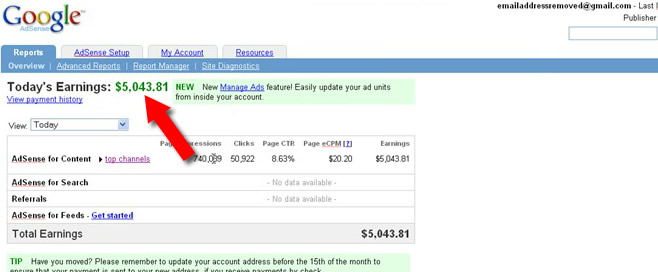A Biased View of Latest Headlines on CNN Business

The Basic Principles Of What is Money - Positive Money
Object or tape-record accepted as payment A sample image of a fictional BANK CARD. The biggest part of the world's money exists only as accounting numbers which are moved between financial computer systems. Numerous plastic cards and other devices give private consumers the power to digitally transfer such money to and from their savings account, without using currency.
The primary functions of cash are identified as: a circulating medium, a system of account, a shop of value and sometimes, a standard of credit. Any item or proven record that fulfils these functions can be thought about as money. Money is traditionally an emerging market phenomenon establishing a product cash, however nearly all contemporary money systems are based on fiat cash.
The cash supply of a country consists of currency (banknotes and coins) and, depending upon the particular meaning utilized, one or more types of bank cash (the balances held in examining accounts, savings accounts, and other kinds of savings account). Bank cash, which consists just of records (mostly electronic in contemporary banking), kinds without a doubt the largest part of broad money in developed countries.

If you earn $200,000 or less,' use the 1% spending rule to save money—how it works
See This Report about Money: Steals & Deals, Career Advice & Financial Planning

The Latin word is believed to stem from a temple of Juno, on Capitoline, among Rome's 7 hills. In A Good Read , Juno was often connected with money. The temple of Juno Moneta at Rome was the place where the mint of Ancient Rome lay. The name "Juno" might have originated from the Etruscan goddess Uni (which suggests "the one", "special", "system", "union", "united") and "Moneta" either from the Latin word "monere" (advise, caution, or instruct) or the Greek word "moneres" (alone, special).
History The usage of barter-like techniques may go back to at least 100,000 years ago, though there is no evidence of a society or economy that relied mostly on barter. Rather, non-monetary societies operated mainly along the concepts of gift economy and financial obligation. When barter performed in reality happen, it was normally between either total strangers or prospective enemies.

Bringing lots of cash into the U.S.? Disclose to Customs or you'll pay the price - Los Angeles Times
The Mesopotamian shekel was an unit of weight, and depend on the mass of something like 160 grains of barley. The first use of the term came from Mesopotamia circa 3000 BC. Societies in the Americas, Asia, Africa and Australia used shell cash often, the shells of the cowry (Cypraea moneta L.
